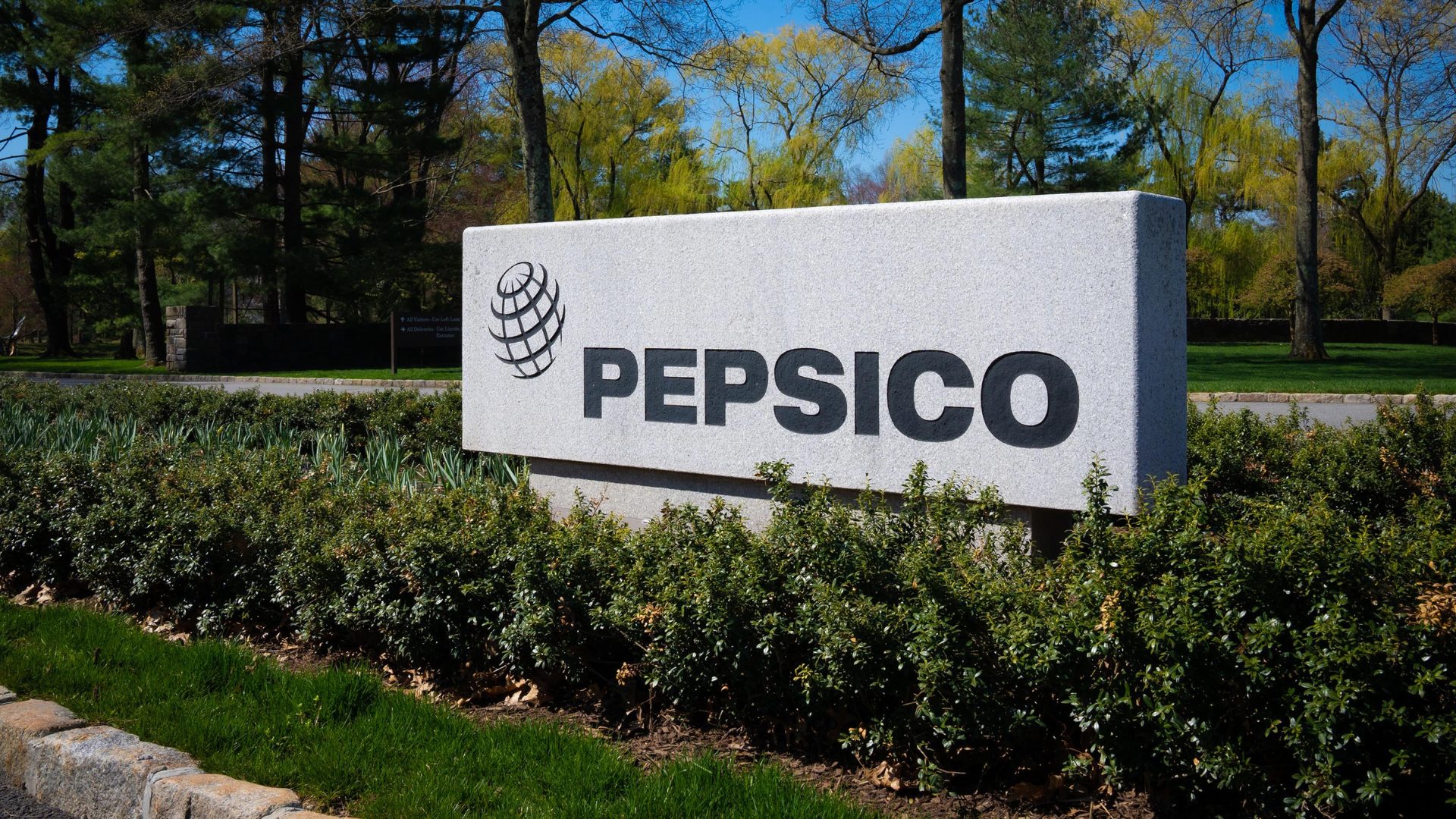Food and beverage intelligence company Spoonshot has released its AI-generated 2023 Food Trends Report, based on an analysis of over 28,000 diverse external data sources.
With that, CEO Kishan Vasani highlighted a few emerging food and beverage trends to watch in the coming year.
Alternative Seafood
Interest in pescetarian diets — where meat is not consumed, but fish and seafood are — has been accelerating significantly, largely due to perceived health benefits.
At the same time, United Nations estimates find that 90% of marine life and fish populations are fully used, overused or under severe threat from overfishing.
“We’re looking at the very real possibility of a future with limited access to fish and seafood because of the demand and climate change that’s happening,” said Vasani. “So it has become absolutely vital for innovation in seafood alternatives to happen now.”
Despite the environmental urgency, less than 0.2% of seafood product launches carry plant-based or vegan claims. Category roadblocks include consumers aligning with the nutritional value of fish and dissatisfaction with the texture and flavor of many seafood alternatives.
When delving into consumer conversations, the most frequently discussed types of plant-based and vegan seafood were shrimp, tuna, and salmon, while the most important dish types were fish and chips, fish tacos, crab cakes, and sushi.
“These might offer some insight into the direction of future product development,” said Vasani.
Clean Label
The call for clean label claims is getting louder. One in 10 consumer conversations on plant-based or vegan food are about clean eating, with significant references to natural foods that are healthy, sustainable, and free of artificial ingredients.
In response, some companies are spearheading a new breed of plant-based foods that highlight the use of minimally processed and recognizable ingredients. The number of ingredient companies that make clean label building blocks to improve texture, flavor and appearance for plant-based brands is also predicted to increase in the years ahead.
This rise in demand holds true for animal-based products as well.
Spoonshot is seeing growth in meat products that specifically highlight clean label attributes including grass fed, antibiotic free and grown on regenerative agriculture, said Ranjana Sandaresan, Spoonshot’s lead research analyst. “These are all beginning to link back in certain ways to that clean label element of meat.”
Mood Foods
Psychotropic compounds are emerging as potential functional ingredients, as health now encompasses not just physical aspects, but also mental and emotional ones.
“Our relationship with drugs has changed dramatically over the last decade,” said Vasani. “With the legalization of cannabis and the penetration of CBD in multiple food categories in some parts of the world, there is a lot more openness towards an acceptance of controlled substances within the wellness culture.”
Many so-called “mood foods” and beverages that include cannabis and mushroom derivatives are finding favor with consumers for relaxation, improved sleep, stress reduction and more.
The easing of attitudes towards CBD has boosted interest in THC, its psychoactive cousin. Thanks to relaxed restrictions and regulatory loopholes, THC has made its way into a number of different menu items and consumer packaged goods.
The expansion of THC has also enabled other psychotropic drugs to enter the fray. This is highlighted by the overall acceptance of mushrooms as functional ingredients, a number of which are seen as adaptogenic or nootropic. There has also been an increase in research on psilocybin, a hallucinogenic chemical found in certain types of mushrooms.
“While it’s too early to talk about full legalization, there’s actually a growing indication that these ingredients may hold the key to dealing with stresses of modern life,” said Vasani.











